Manor Lords’ farming system is the basis of feeding your settlements and allowing them to grow and survive. You’ll be growing a range of crops for food consumption, followed by flax for clothing, and barley for ale production for taverns. Rotating between the three crops is important as all of these play an important part in growing your productivity, approval rating and settlement advancement. Here’s a closer look at how farming works in Manor Lords and everything you should expect from the farming building menu.
This guide teaches you everything you need to know about farming in Manor Lords and the entire farming system in place.
A Guide to Fields and Farming¶
Farming in Manor Lords is a simple system. Go to the construction tab, then farming and select the field option. Depending on what you want to do, you have free decisions to make:
- Select overlay for the crop you want to make, there’s emmer (wheat), flax, barley, and rye.
- Draw the size of the farm you want.
- Confirm
When your farm is placed, you then get a menu detailing what to expect from it. There are a few important systems here you need to watch for:
- Fertilization percentages
- Crop Cycles
- Fallows
- Crop type:
- Wheat
- Flax
- Barley
- Rye
Let’s start with crop types. You can choose Wheat or rye for bread production (Rye is locked behind a development research). Flax is used for creating linen, and barley for malts and ale to be sold at taverns.
Fertilization is an important part of the game. If the percentage next to the crop hits 0, crop growth will stop. The lower the score, the lower the growth speed too. It is important you Fallow fields and let them recover naturally. If you have sheep and unlocked the ‘Fence Up’ Fertilization development, you can allow sheep to graze on fields for a year as a pasture, which will further increase your fertilization levels of the field.
(1 of 2) Fertilization is a powerful technology for farming efficiency in Manor Lords.
Fertilization is a powerful technology for farming efficiency in Manor Lords. (left), When you click on a field, you can see important information, crop cycles, and more. (right)
This leads to a natural segway into the crop cycle. You can rotate three different crops on a three-year basis. For the most part, growing one crop won’t affect the fertilization effects of other crops, meaning every two-out-of-three years you should be fine to grow a crop on that field easily. However, when the percentages get below 30% you may want to select the fallow field to let it recover. Crop Cycles should help keep your farms rotating very well, so you don’t suffer from drops in certain yields in a year and can maintain food and industry production.
The other thing going on with the farming menu is the crop production phases. You have the following
- Plowing
- Sowing
- Growing
- Harvesting
Plowing is the task Farms will do when preparing the fields for the next crop season. They will do it as soon as they need to, or after crops have been harvested correctly. This will happen around November, or March, depending on when things happen. After that, it is Sowing Season. This always happens in March and will go on for as long as there are farmers with fields to tend. Growing is the phase that begins naturally as soon as the seeding phase begins. If fields are ready, then by September - November, they will be harvested. If crops are not fully grown by the end of the year, they are often harvested the year later.
As part of the settlement improvements, your food stalls will need to sell a number of meals for happiness reasons. These foods consist of
- Bread
- Honey
- Apples
- Vegetables
- Eggs
- Berries
- Meats
For the most part, these are all acquired through non farming methods. Make sure to expand your Burgage plots with expansions to get veg, apples, and eggs, along with meat from goats. This should help you with food variety while your farms work on bread.
Farmhouse¶
The Farmhouse is the main workhouse for Farmers who tend your fields.
The farmhouse is an important part of the farming in Manor Lords. The farmhouse allows you to hire up to 8 families to work the fields. Anyone assigned to the farmhouse will automatically work the fields for plowing, sowing, and harvesting seasons.
With the right technology, you can unlock ‘Oxen Plowing’, which enables farmhouses to take an oxen under the advanced tab of a farmhouse. This allows the oxen to aid with plowing the fields, improving the speed of plowing.
When it comes to harvesting, the farmhouse will become short-term storage. In terms of wheat grains, your farmers will take raw wheat and turn it into grains. From there, the resources can be shipped to logistics or the right industry to convert them into materials.
- Read More: Best Wheat Farming Locations
Windmill¶
The Windmill is your go-to place for making flour out of rye and wheat, which can then be turned into Bread.
The Windmill is a farming building that can take a few families to turn grain into flour. Flour is the key resource for making bread at the communal oven or specialized bakery artisan extensions at burgage plots.
Communal Oven¶
Communal Ovens allow families to make and sell bread at marketplaces, and so do Bakery artisans.
The communal oven is a building that will make your flour into bread. Set families to work at the communal oven, and they’ll gradually turn the flour into bread, and send them to market stalls and granaries over time.
Pastures¶
Pastures allow you to raise and graise sheep, which are used for wool sources.
Pastures is a type of field specifically designed for housing animals. You can make pastures the same way you make fields. Set the size, and it will support certain amounts of animals. If you set farming fields to fallow, and have the fence upgraded it will enable livestock to use farms as pasture.
Sheep Farm¶
Placing families in Sheep Farms enables you to start steering sheep for wool, as well as herding them between pastures and fallow fields when appropriate.
Sheep Farms offer families to become shepherds. Shepherds will then pen and move sheep around to fallow fields and other pastures when necessary. They will also sheer sheep when they can expect through the winter months.
Sheering sheep will produce wool. Wool can then be sent to the Weaver’s Workshop and produced into Yarn. Yarn is then a commodity, which can be sold, traded, or used as part of making cloaks at a Tailor’s Workshop at a Burgage plot Extensions, alongside dyes.
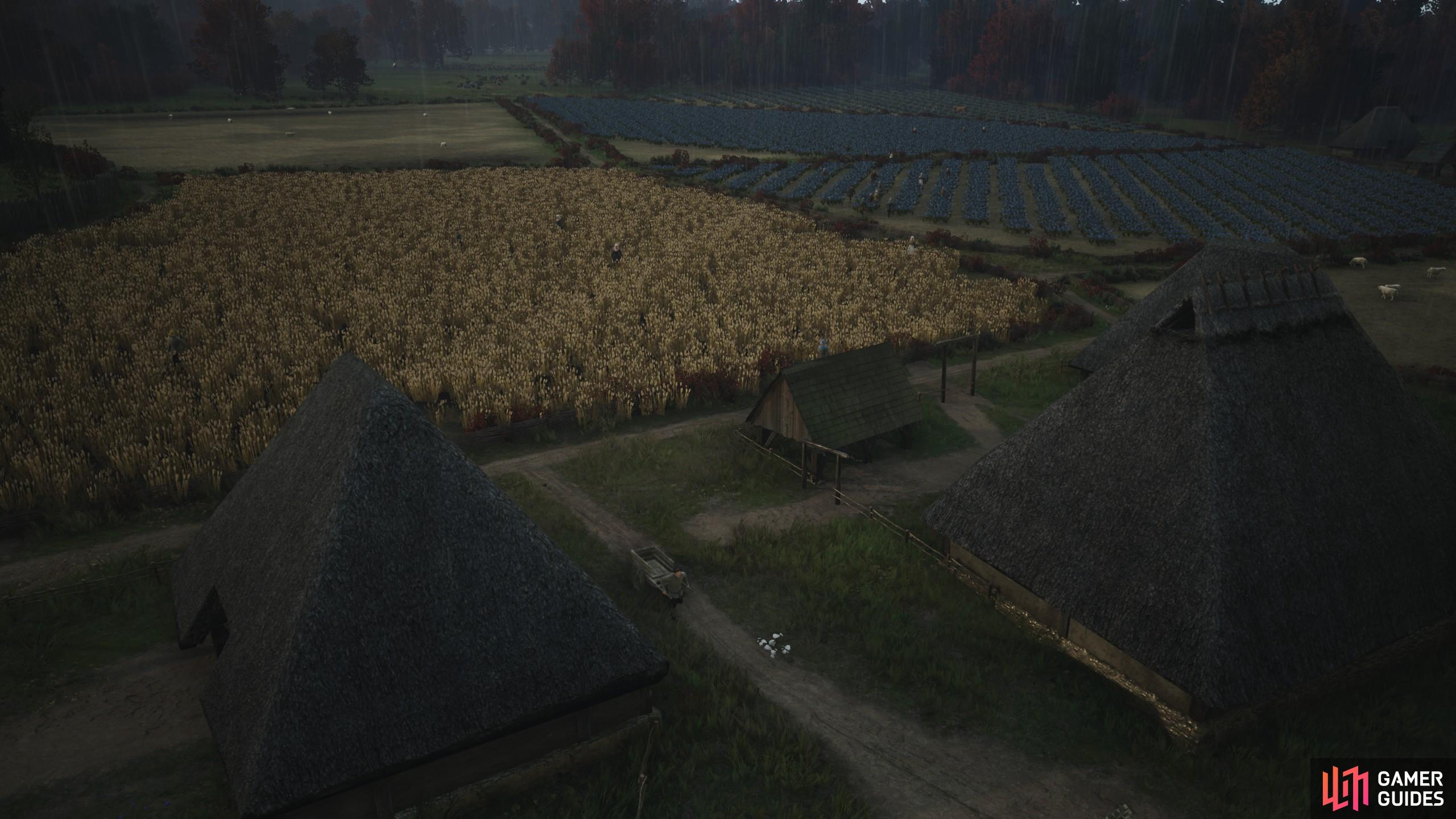
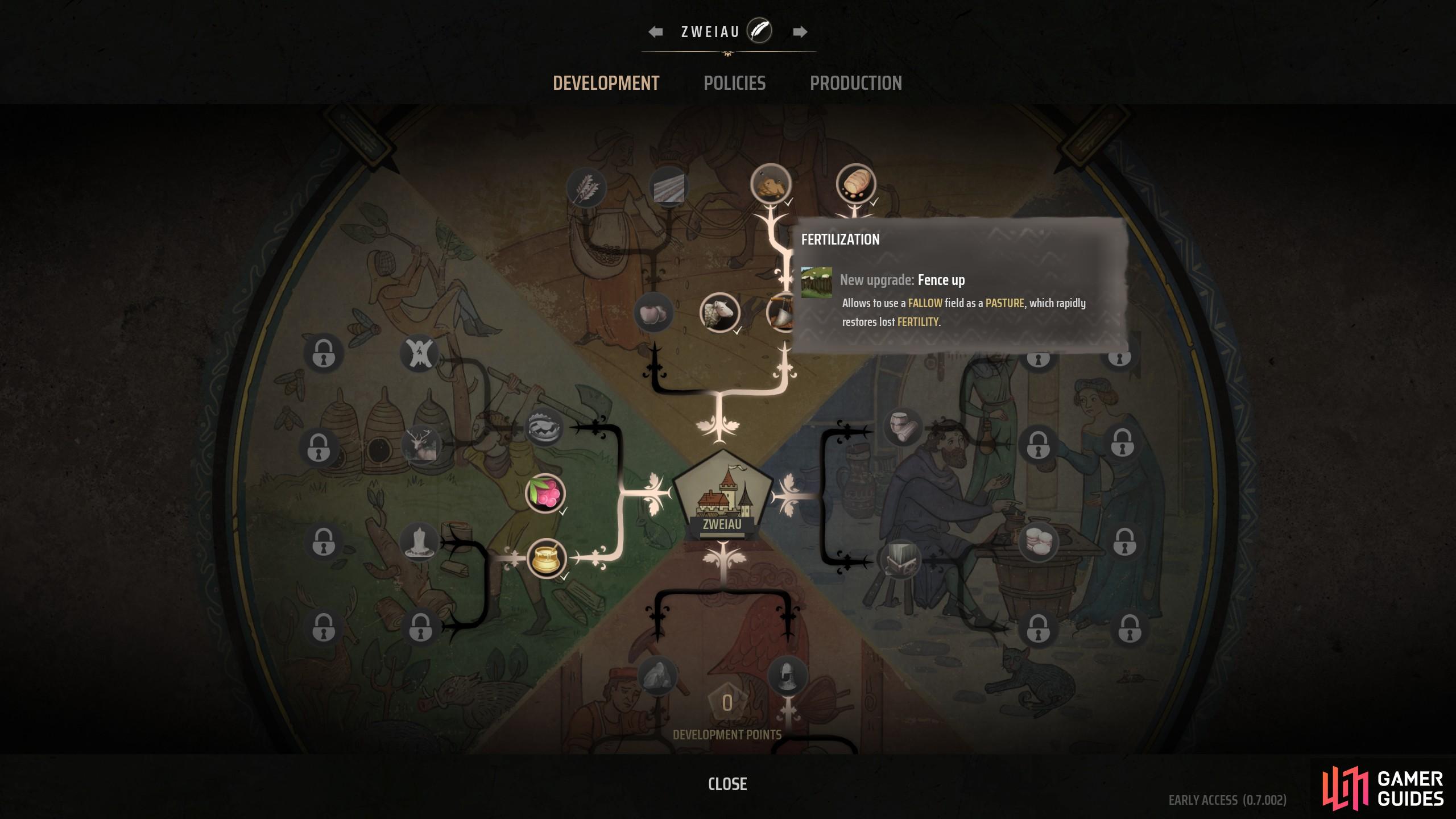
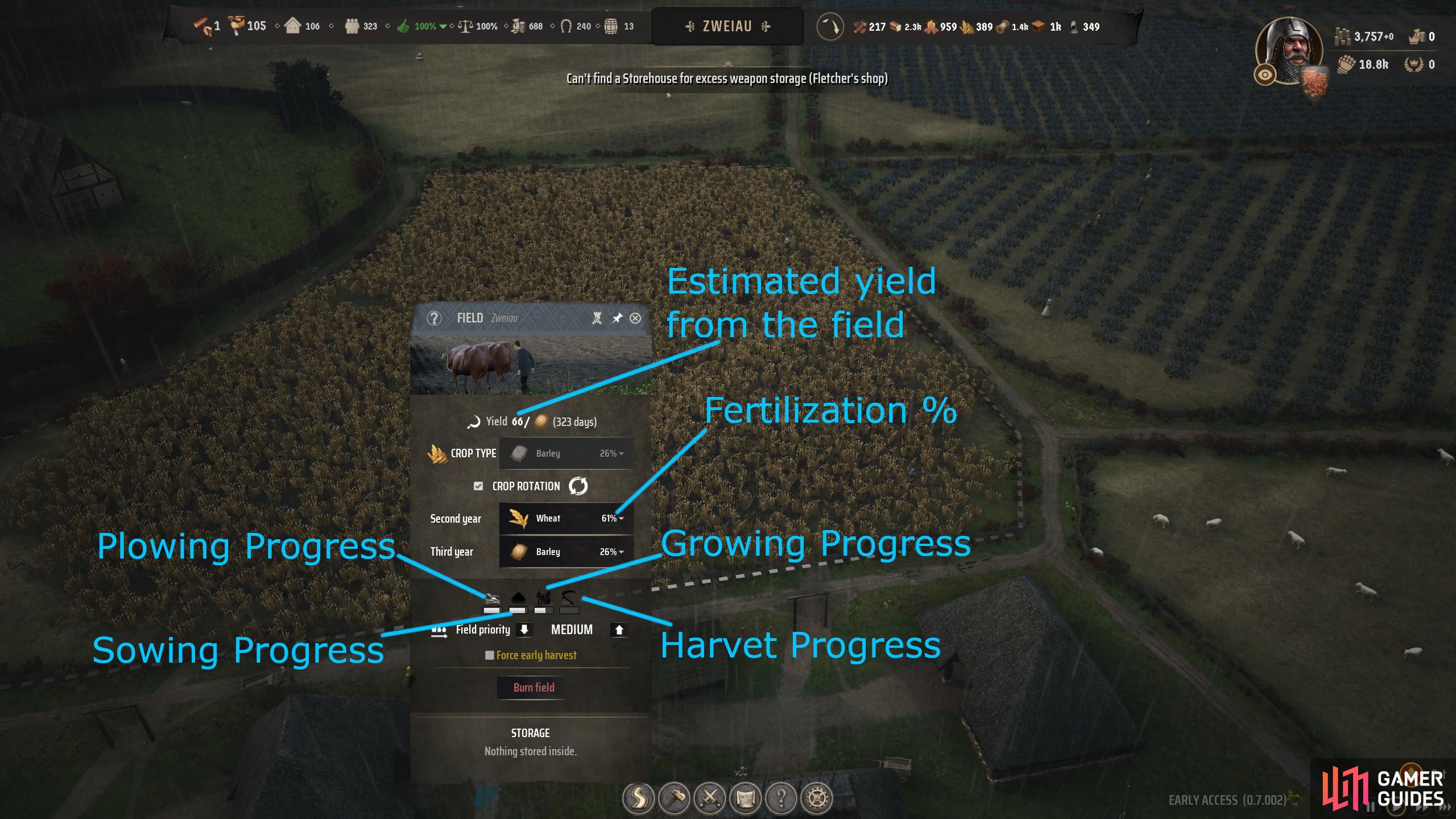
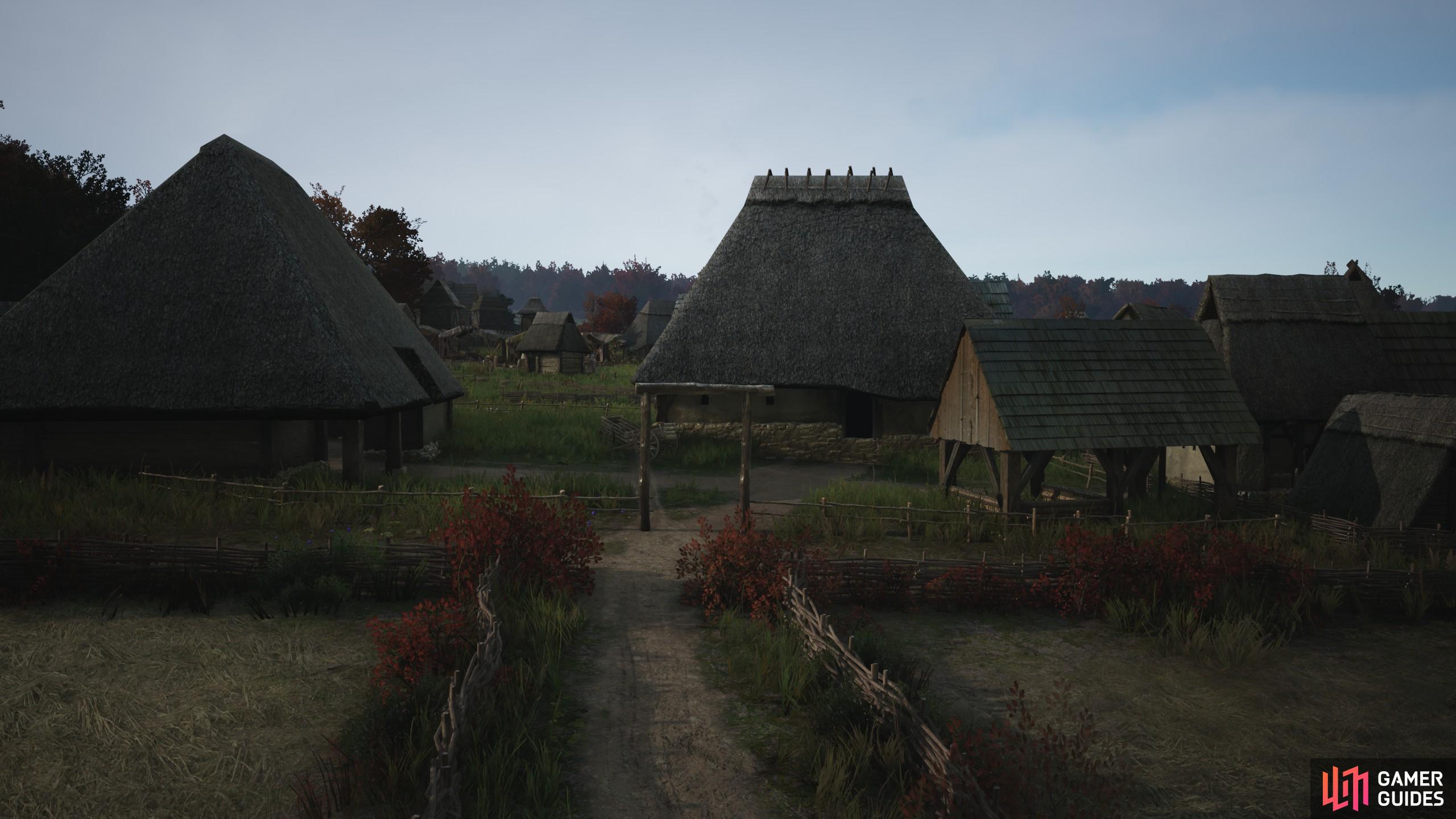
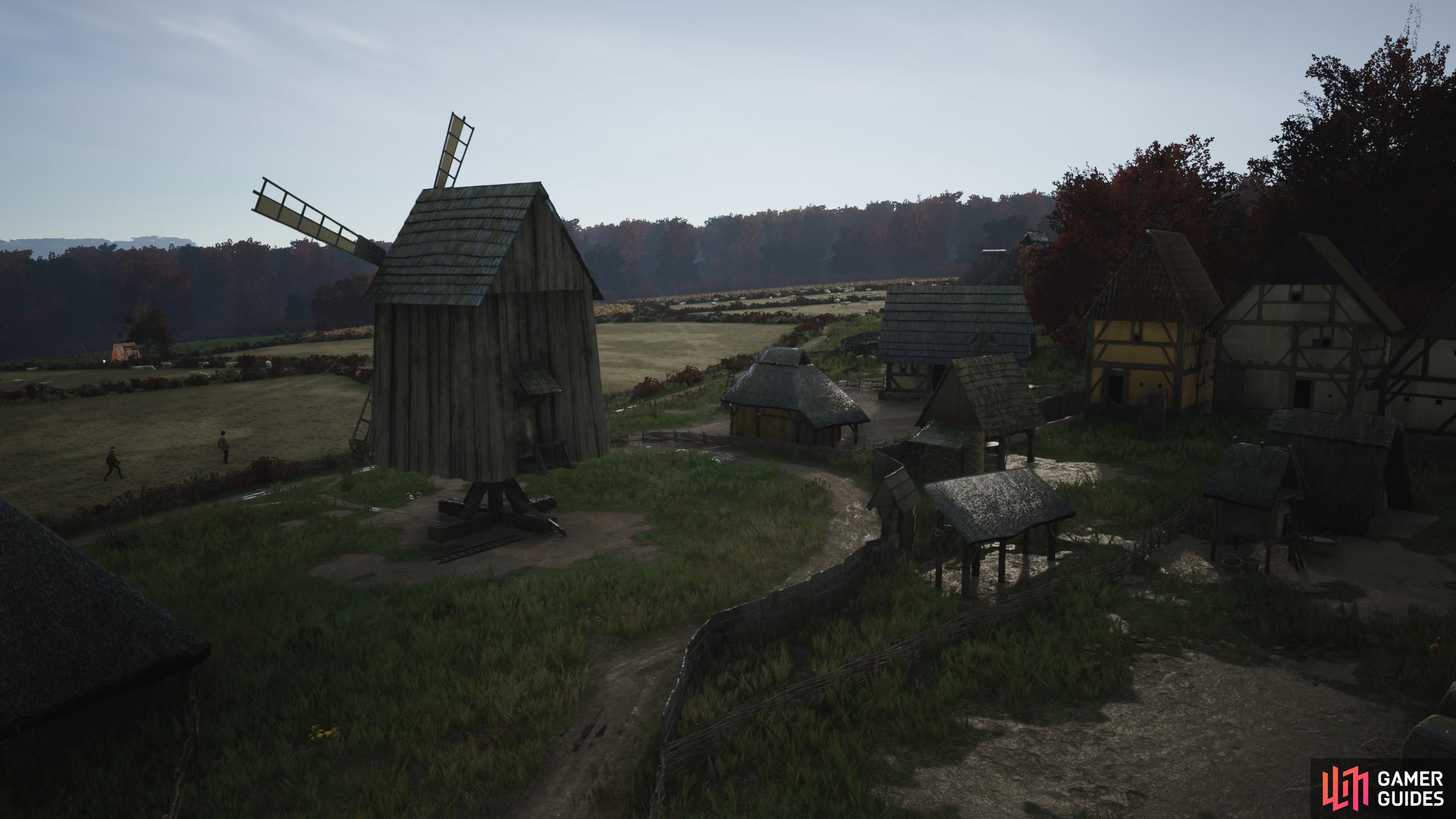
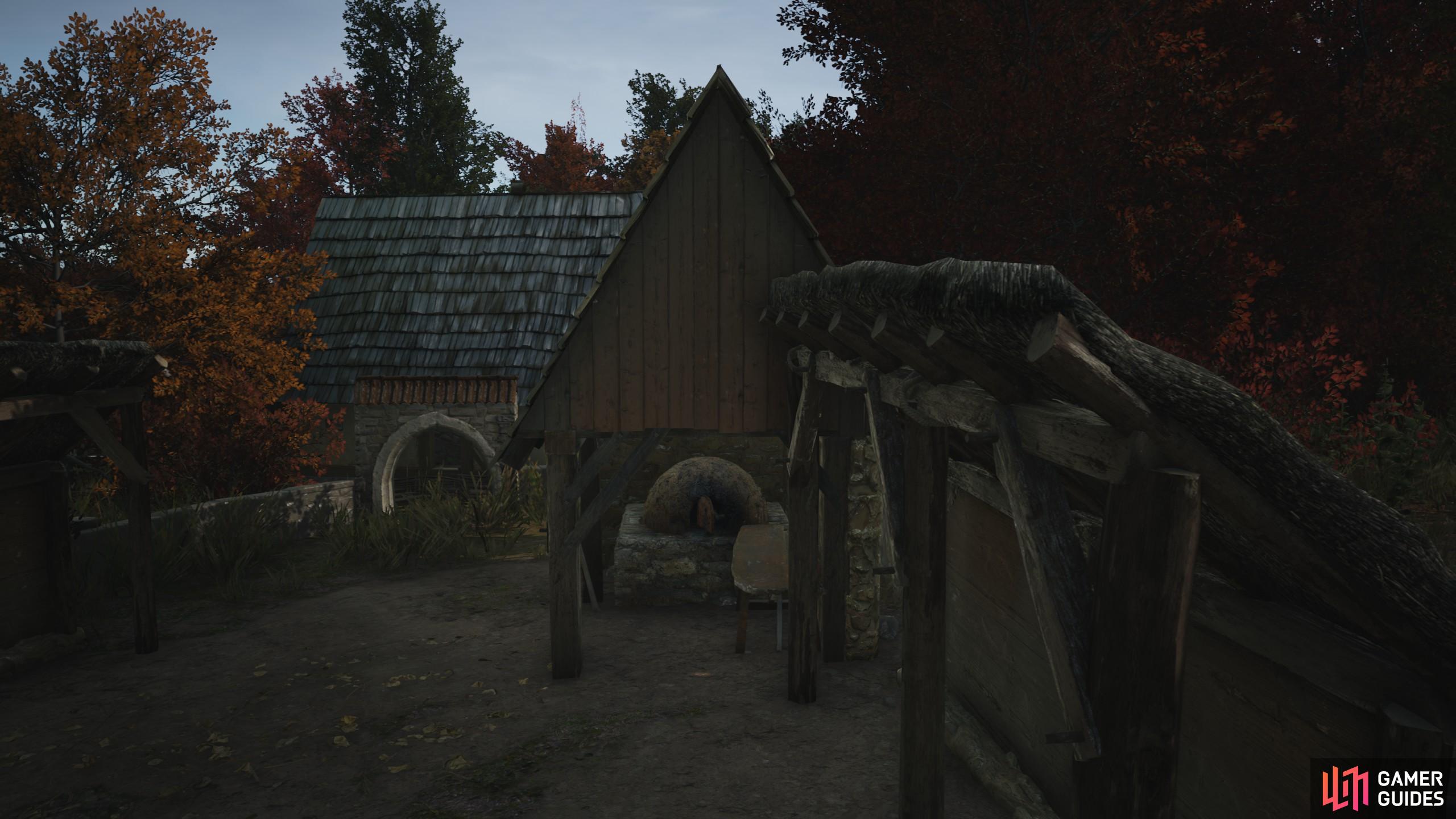
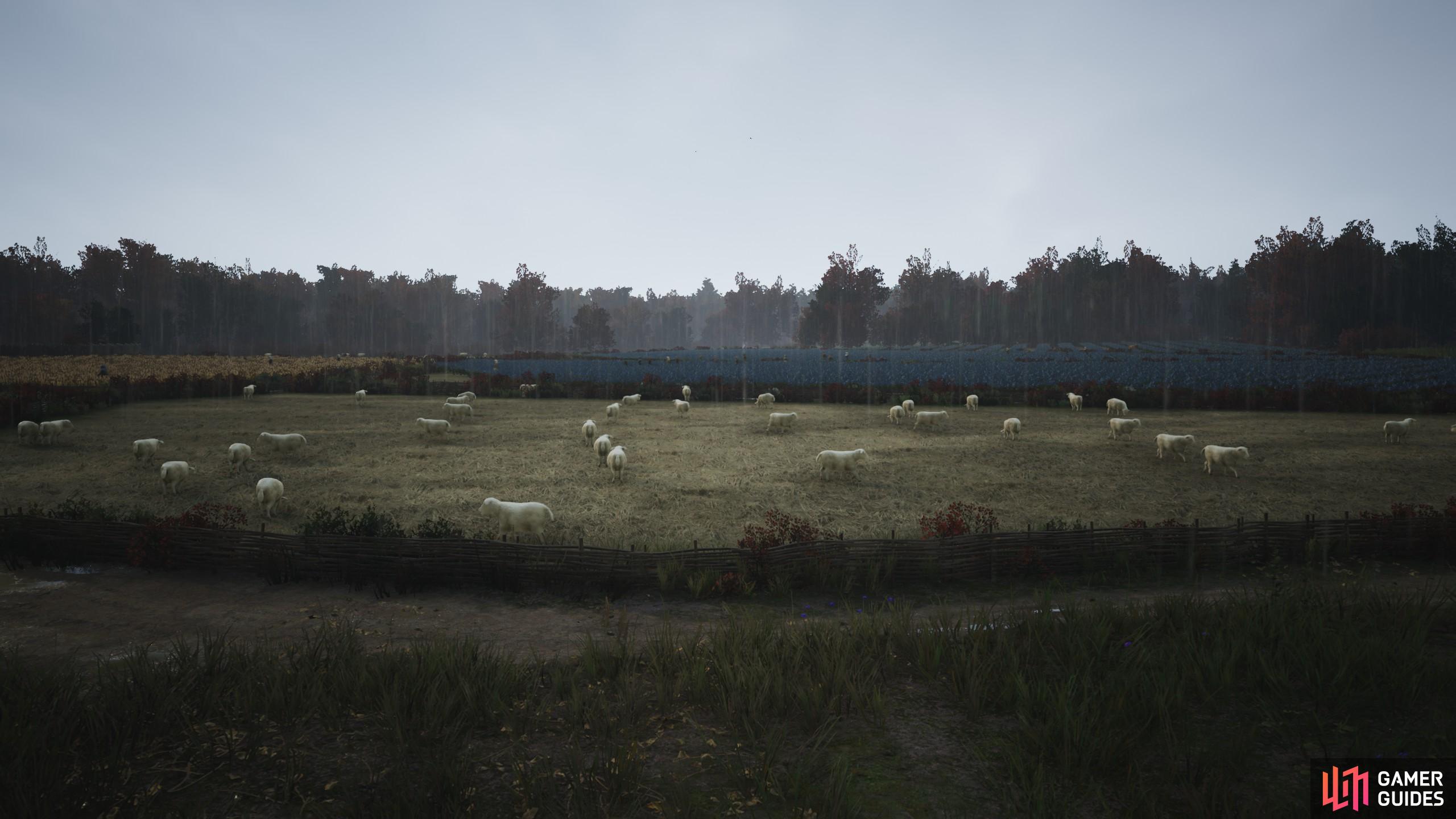
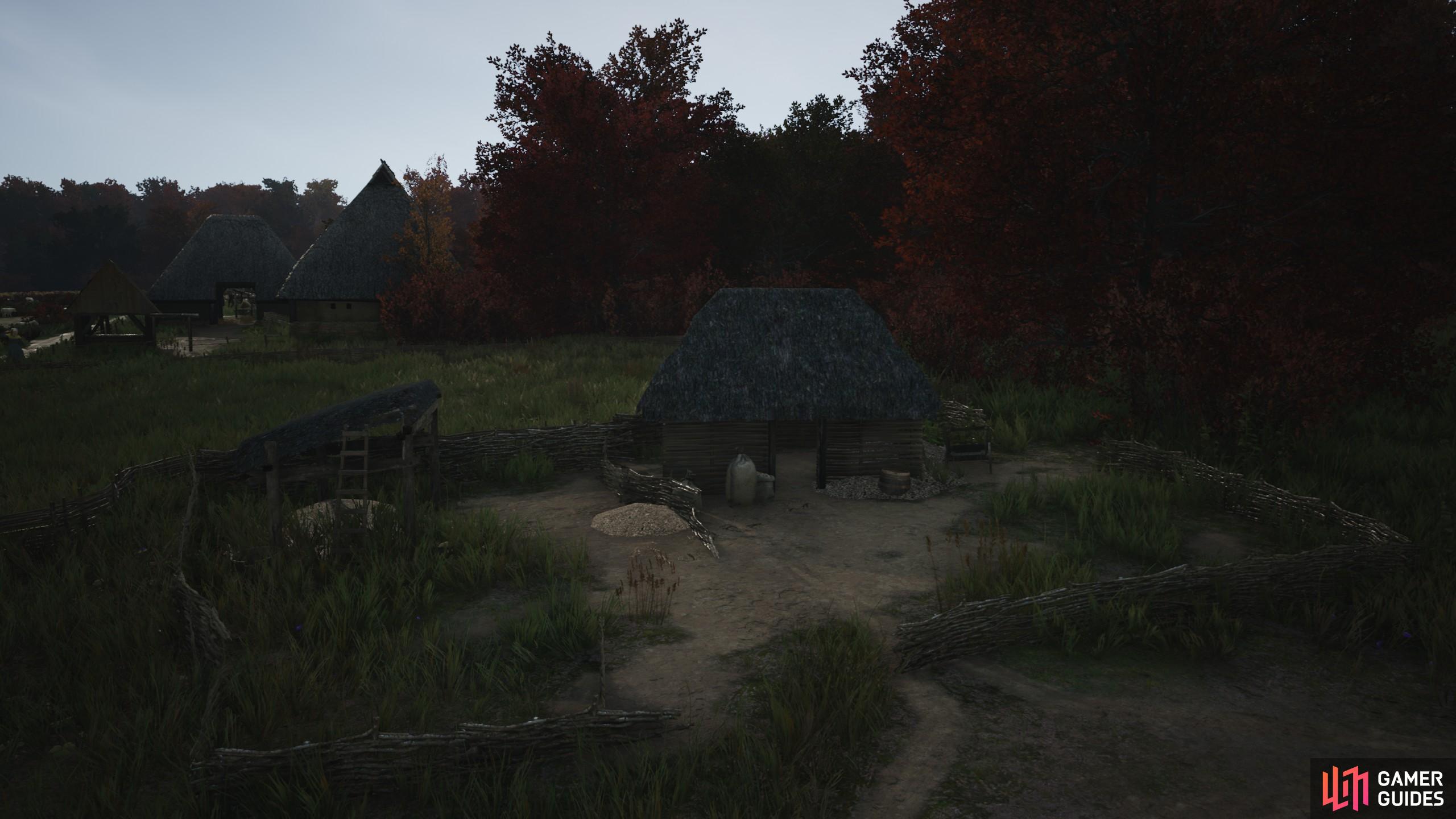

 Sign up
Sign up

No Comments